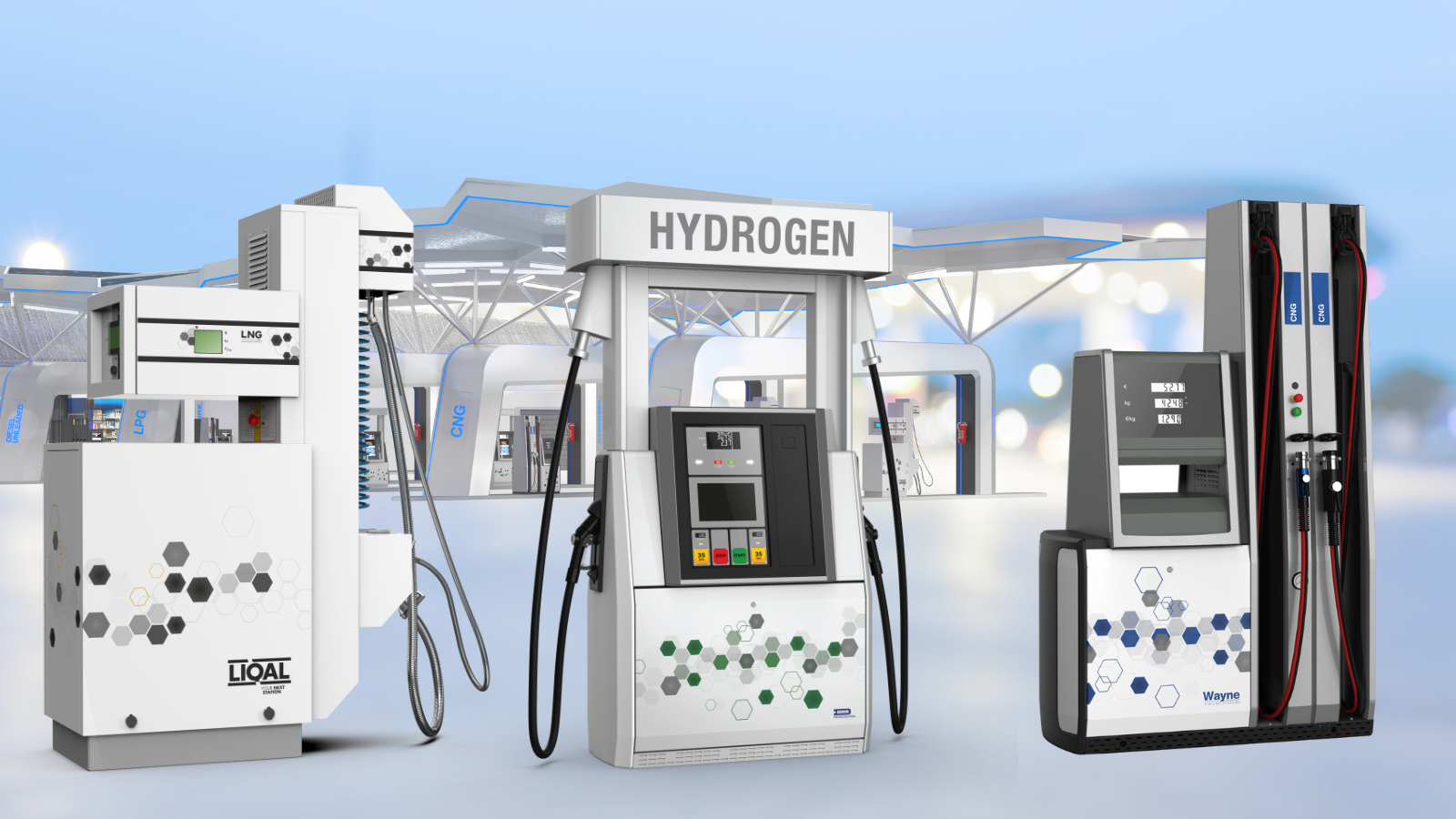How Sustainable Fuels Can be a Cost-Effective Choice for Your Fleet
Published on April 4, 2025
The transition to sustainable fuels is gaining momentum, with renewable fuel comprising 6.8% of total road and non-road mobile machinery. As the transport sector generates roughly 25% of all energy-oriented greenhouse gas (GHG) emissions, the pressure for change is mounting. By 2030, fossil fuel companies will be required to ensure 19.47% of their fuel supply is renewable, with mandatory reporting on carbon and sustainability standards under the RTFO.

The Benefits of Transitioning to Sustainable Fuel Options
The economic advantages of sustainable fuels are significant. According to the International Energy Agency (IEA), clean energy technologies, despite requiring initial investment, can reduce operating costs by more than half over the next decade. This transformation is particularly evident in retail electricity prices, which demonstrate considerably less volatility than oil product prices, offering more predictable operational costs.
"The transition to sustainable fuel options isn't just about environmental responsibility—it's a strategic business decision that can deliver substantial cost savings," says Cedric Herbreteau, Director, Clean Energy at Dover Fueling Solutions® (DFS).
Currently, around half of total consumer energy expenditure is allocated to oil products, with another third spent on electricity. The remaining portion is likely dedicated to alternative energy solutions, including advancements supported by companies such as DFS, which focus on innovative fuelling technologies and infrastructure. As the energy mix evolves, electricity prices are expected to play a critical role for consumers, reflecting shifts in transport, building, and industrial energy demand.
For fleets unable to immediately invest in EVs, non-electric alternatives offer viable shorter-term solutions. Alternative fuels can help extend the lifetime value of internal combustion engine (ICE) vehicles while lowering CO2 emissions. Natural gas variants, including compressed natural gas (CNG) and liquefied natural gas (LNG), provide reduced carbon emissions, particularly beneficial for heavy-duty vehicles.
The financial benefits can be substantial as well. In some regions, government incentives help offset initial investments, and the domestic production of many alternative fuels contributes to greater price stability. Additionally, certain alternatives, such as biodiesel, have been shown to enhance vehicle performance through improved torque generation, which may reduce maintenance requirements and associated costs.
In 2022, during the global energy crisis, consumers globally spent nearly £10 trillion on energy – averaging more than £1,200 per person – even after accounting for subsidies and emergency government support. This 20% increase from the previous five-year average particularly impacted vulnerable consumers in both developing and advanced economies.
How DFS is Helping to Bring Sustainable Fuels to Fleets
"At DFS, we are dedicated to offering cleaner and more environmentally friendly ways to power vehicles," explains Cedric.
"Our investment in clean fuel solutions spans various technologies, from CNG, LNG to hydrogen fuel systems, making the transition both practical and economically viable."
DFS offers a diverse range of advanced fuelling technologies to support the adoption of cleaner, sustainable fuels. These include CNG, LNG and hydrogen fuel systems. Each of these alternatives plays a crucial role in reducing carbon emissions and enhancing fleet efficiency.
- CNG (Compressed Natural Gas): As an alternative to gasoline and diesel, CNG provides a cleaner, more cost-effective solution for fleet operators, particularly in heavy-duty vehicles. It reduces CO2 emissions while offering operational savings due to lower fuel costs compared to conventional fuels (Webfleet, 2024; Michelin Connected Fleet,2024).
- LNG (Liquefied Natural Gas): LNG is another powerful alternative for long-haul fleets, delivering substantial reductions in emissions and fuel expenses. It is especially beneficial for vehicles requiring greater fuel efficiency over long distances.
- Hydrogen: Hydrogen technology is increasingly being recognised as a key player in the transition to zero-emissions vehicles. DFS’s hydrogen fuelling solutions offer fleets the ability to significantly reduce their carbon footprint while supporting high-performance, long-range vehicles.
These advanced fuelling technologies not only provide fleets with more sustainable energy options, but they also ensure businesses can meet the growing demand for lower emissions, while benefiting from improved operational efficiency.

Sources
https://www.gov.uk/government/statistics/renewable-fuel-statistics-2022-final-report/renewable-fuel-statistics-2022-final-report
https://www.webfleet.com/en_gb/webfleet/blog/alternative-fuels-for-fleet-vehicles-key-advantages/
https://www.gov.uk/government/collections/renewable-fuel-statistics
https://www.iea.org/news/rapid-rollout-of-clean-technologies-makes-energy-cheaper-not-more-costly
https://www.webfleet.com/en_gb/webfleet/blog/alternative-fuels-for-fleet-vehicles-key-advantages/
https://connectedfleet.michelin.com/blog/alternative-fuels-for-fleet-vehicles/
https://www.doverfuelingsolutions.com/products/clean-energy-dispensers
https://dovercorporation.gcs-web.com/news-releases/news-release-details/dover-fueling-solutions-launches-new-clean-fuel-dispensers
https://extension.psu.edu/using-biodiesel-fuel-in-your-engine



